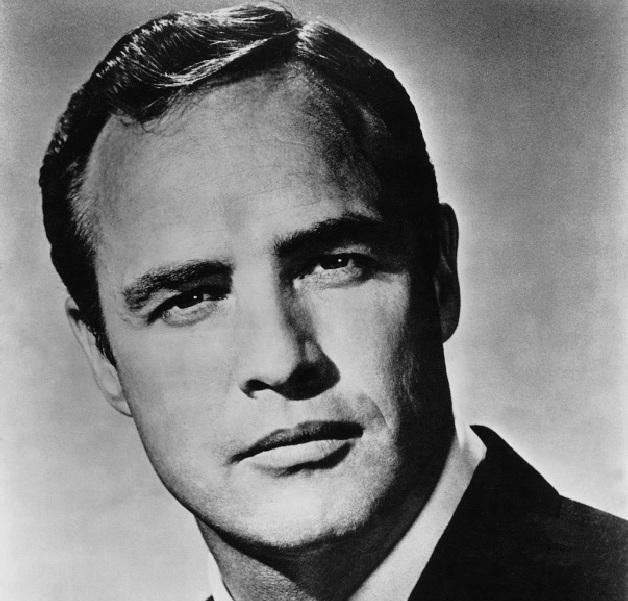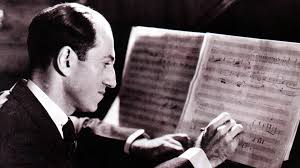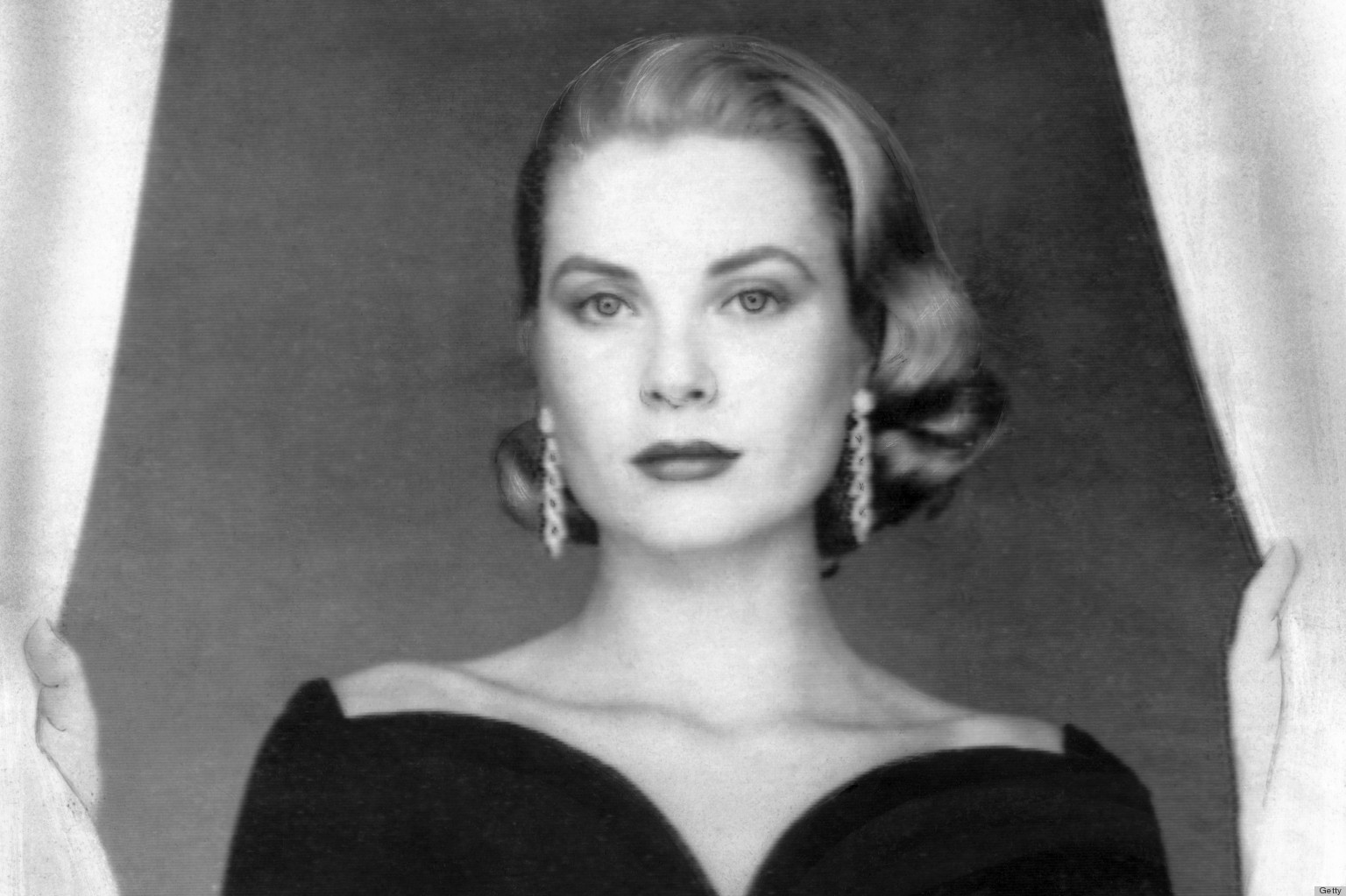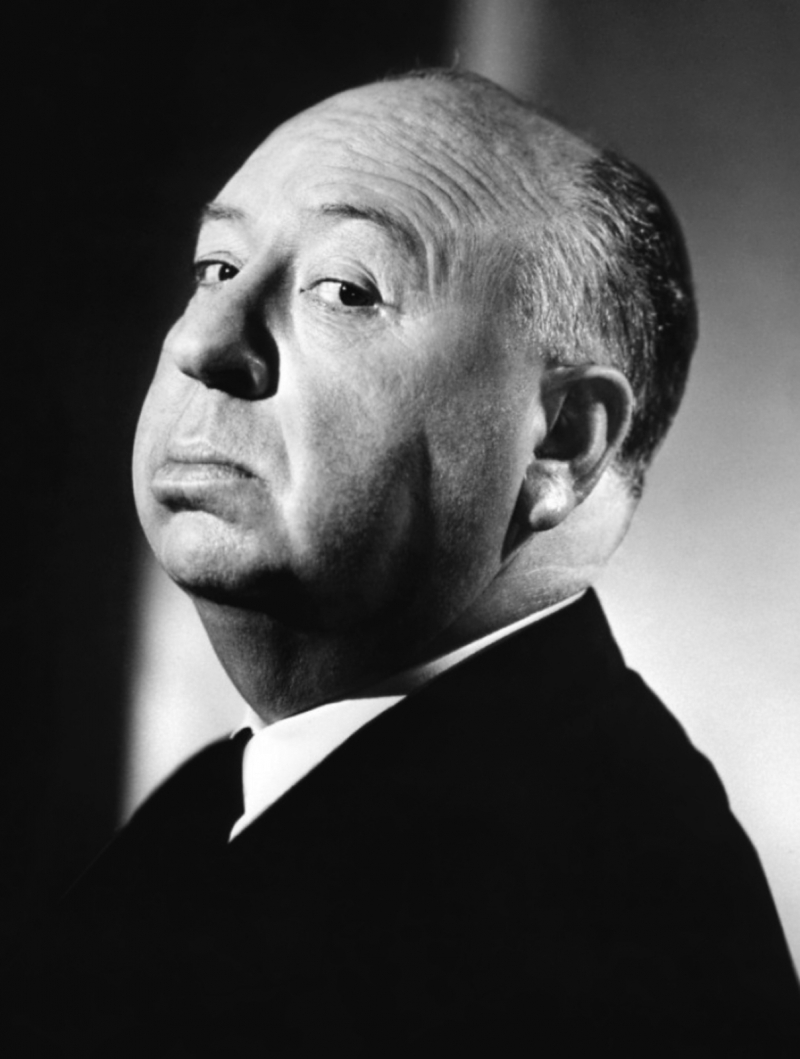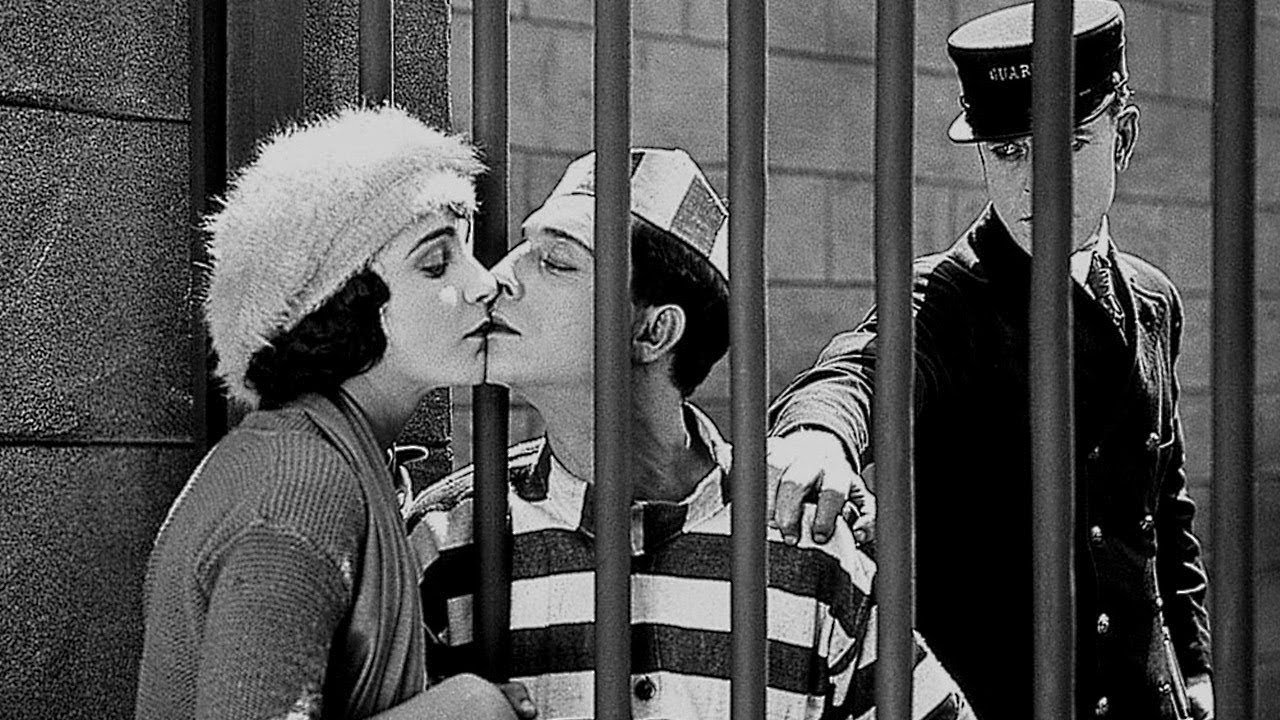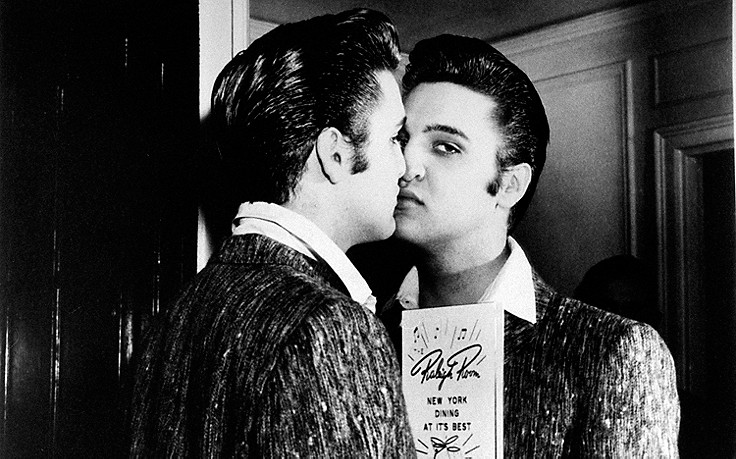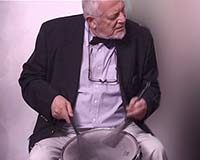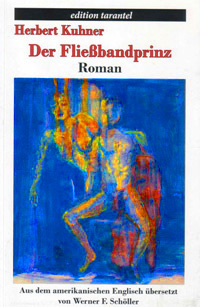APHORISMS
by Žarko Petan
Translated by Herbert Kuhner
I’m a fatalist;
I love femme fatales.
The male dream:
a virgin with experience.
The ideal women:
hot in winter, frigid in summer.
A nudist fell in love with a nudist
upon seeing her dressed
for the first time.
I’ve had bad experiences
with experience.
Marriage begins
with a happy end.
In marriage women are true —
to their principles.
Divorce is time out
between marriages.
Dog is man’s best friend;
with girlfriends he’s more particular.
War is a tragedy
that becomes a parody
in history books.
Soldiers are involuntary
blond donors.
A coward’s heart beats fester
than a hero’s
and for a longer time.
In war
death is the modus vivendi.
Military tactics
have nothing to do with tact.
A blitzkrieg usually ends
with a short circuit.
After a revolution
the number of revolutionaries
increases.
I blindfolded justice
and said:
let’s play pin the tail on the donkey.
Everything is possible in a democracy.
Nothing is impossible in a dictatorship.
The foreign minister
always denies having anything to do
with the minister of the interior.
When bureaucrats feud,
ink flows profusely.
You can always spot your enemy
by his friendly grin.
Some patriots are only
gigolos of the state.
A bad future
is better than none.
Sometimes there‘s only one round
between o.k. and k.o.
It’s hard to answer
the wrong question in the right way.
A Yugoslav orchestra:
ten conductors and one musician.
A dilemma for writers:
either you write for future generations
or today’s editors.
There are books
that age more quickly
than their authors.
For modern drama
the audience often needs a prompter.
Architects should live
in their own errors.
You learn from your own mistakes;
you profit from the mistakes of others.
We’ve almost abolished religion. –
Thank God!
What came first?
The chicken or the egg? – the rooster.
Even atheists believe in the devil.
The first shall be last –
the last will be next-to-last.
Perhaps Cain and Abel
weren’t brothers —
but good neighbors.
In the theater
the director is God,
but the actors are atheists.
Death is the natural end
of an unnatural life.
Suicide is the most radical form
of self-criticism.
He was so decadent
that he wanted to leave the world
the way he entered it.
Death hurts
those left behind.
I became a pessimist
upon learning that those around me
were optimists.
Both pessimist and optimist
live in a desert.
But the optimist is located in an oasis.
Whenever I read Kafka
I’m surprised at how idyllic
life was in his time.
One day all men will be equal:
equally rich or equally poor?
He who laughs last
laughs alone.











 Users Today : 16
Users Today : 16 Users Yesterday : 156
Users Yesterday : 156 This Month : 1883
This Month : 1883 This Year : 9260
This Year : 9260 Total Users : 230396
Total Users : 230396 Views Today : 32
Views Today : 32 Total views : 1966875
Total views : 1966875 Who's Online : 1
Who's Online : 1



